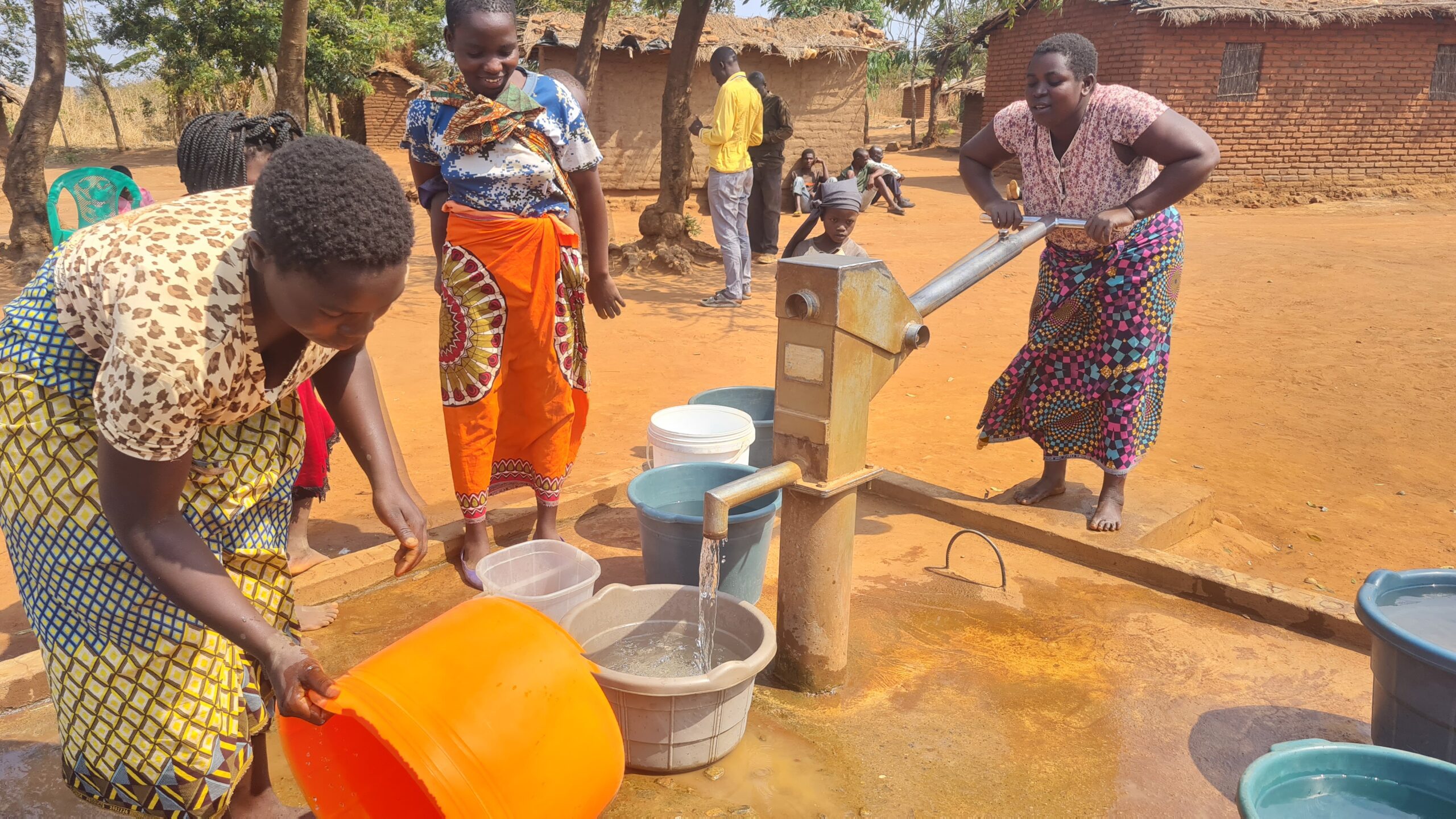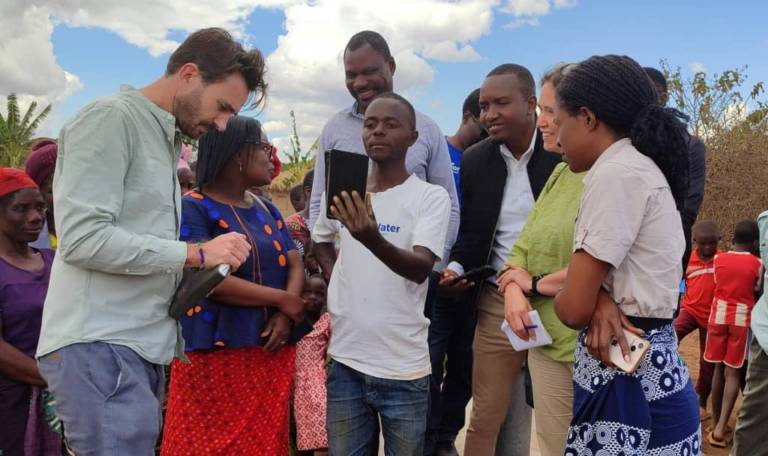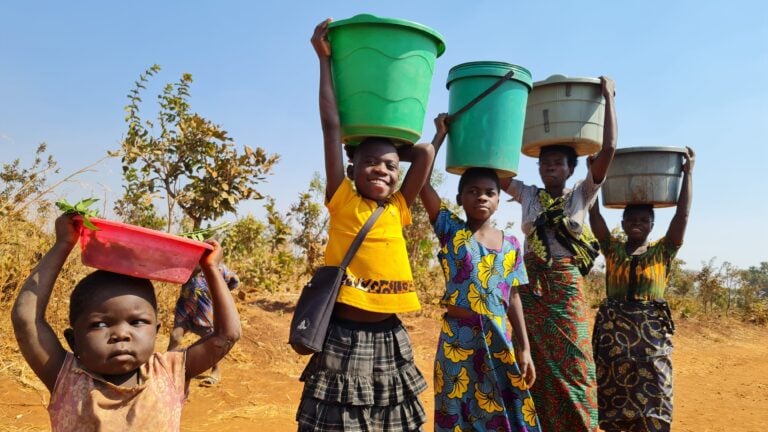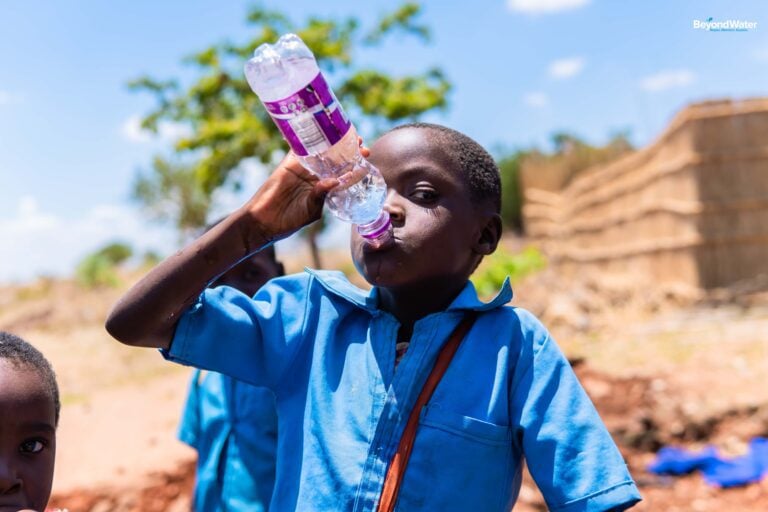Water, Sustainability, and a Climate-Resilient Future: Celebrating World Environment Day
World Environment Day (June 5) is a global initiative dedicated to advocating for the natural world and finding sustainable solutions to the world’s environmental challenges.
The global water crisis is one of the world’s most pressing environmental problems. Affecting billions worldwide, this crisis is characterised by increasing water scarcity, rampant pollution and inadequate access to safe water. With climate change dramatically intensifying these challenges, the negative externalities, from poor health to economic instability, are growing more severe. The water crisis is not simply environmental issue, but a human rights issue and a fundamental threat to sustainable development. With this, there is an urgent need for innovative, sustainable and equitable solutions to secure a water-resilient future for all.
The Indispensable Role of Water in Sustainability
More than just a necessity, water is the lifeblood of our planet, an indispensable element that drives every natural process. It’s the key component allowing ecosystems and biodiversity to flourish, making the natural world function properly. For humans, water is vital for our health and development, ensuring communities can thrive. Furthermore, water is the foundation of agricultural production, directly enabling food security and serving as our primary source of nourishment. Simply put, water makes life on Earth possible.
The Impacts of the Climate Crisis
The climate crisis refers to the severe challenges that arise from anthropogenic (caused by human activity) climate change. One major impact of the climate crisis is its influence on water resources. We are witnessing an alarming surge in the frequency and intensity of extreme weather events, including devastating droughts and floods. Additionally, rapidly melting glaciers, significant sea-level rise and unpredictable precipitation patterns are fundamentally reshaping water resources, deeply threatening both ecosystems and humans.
It is crucial to note that the effects of climate change are not equitable. The climate crisis disproportionately burdens developing countries and vulnerable communities. These countries, often characterised by fragile infrastructure, limited economic resources and high dependence on climate-vulnerable sectors, like agriculture, face the most severe and immediate consequences. Communities in the Global South are grappling with intensified droughts, devastating floods, erratic growing seasons and rising sea levels that threaten their livelihoods, displace populations and exacerbate inequalities. The fundamental injustice of those least responsible for the climate crisis bearing its most severe impacts highlights the need for equitable climate action.
Pump Aid’s Commitment to Climate Resilience
Pump Aid is dedicated to mitigating the impacts of climate change on water resources and the vulnerable communities we serve. We place the utmost importance on climate resilience in every intervention. We don’t just provide water, we implement sustainable solutions, conduct extensive watershed research and deliver training on sustainable water use. Furthermore, we empower farmers by training them in climate-resilient agricultural practices, ensuring optimal crop yields and food security even when facing climate uncertainty.
At Pump Aid, sustainability is our overarching priority, extending beyond climate-resilient water access to encompass holistic community development. Recognising the inequity of the climate crisis, which disproportionately affects vulnerable populations, we commit to ensuring our interventions are both equitable and community led. Our approach allows us to empower individuals and communities directly, providing them with the tools, skills and ownership they need to build lasting resilience and flourish on their own terms.
Celebrate World Environment Day
This World Environment Day, support Pump Aid in providing reliable safe water access to those most vulnerable to the negative impacts of climate change. Donate here to contribute to our life-changing programmes in Malawi.
Learn more about World Environment Day 2025







